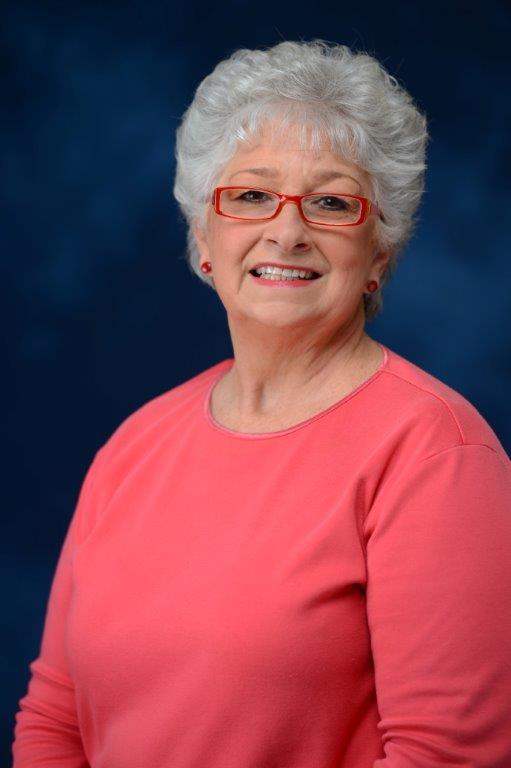Trump should closely watch gas prices – voters do
Published 9:29 am Tuesday, May 29, 2018
Trump should closely watch gas prices – voters do
OXFORD — On the day Donald Trump was elected, a 20-gallon tank of gas cost a Mississippi driver $36. Today, The American Automobile Associations says that same 20 gallons costs $52.
A 44 percent increase. Does anybody care?
In the past, voters have cared – a lot. Most elections indicate they still do.
What voters — Democrats and Republicans — don’t care about is a president’s personal flaws. As long as the economy is decent it doesn’t matter whether our leaders are.
Stock markets were trending up and the job picture was good when President Clinton was on TV every day denying an intimate relationship with a White House intern. When it was proved that he was a liar and a predator, Republicans impeached him. But America wasn’t interested. Still isn’t. Bill Clinton is hailed as a national hero by tens of millions. His personal life, we’ve concluded, is irrelevant.
For the past several months President Trump and his minions have been buffeted by a Stormy Daniels storm. The more breathless CNN anchors have been, the more indifferent the president’s supporters have become. The economy matters, not Trump’s morality.
That’s why gas prices merit watching. The increases are coming from a combination of summer, when more people drive, and nervousness about Trump kicking Iran, a major oil producer, in the teeth. Predictions are prices will continue to rise. That will rankle every voter at every fill-up, and increasingly they will want to take it out on somebody.
Back to Clinton. In 1988, the Arkansas governor had embarrassed himself and his party at the Democratic National Convention. He turned what was to be a few minutes for a rising star into what could have been a career-ending long, laborious, boring speech that pushed the nominee out of prime time.
His “reward” came four years later when party leaders reserved their best candidates for another day and tossed Clinton up against the first President Bush, acclaimed as a shoo-in for a second term. That’s when previously unknown Democratic operative James Carville framed the election entirely around the economy. He convinced voters that a president has direct control and responsibility for their wallets and that Clinton would protect them better than Bush.
And, as it happened, the economy did improve during the eight years of the Clinton presidency, which, by the way, coincided almost exactly with the eight years of conservative Republican leadership by Gov. Kirk Fordice in Mississippi.
Those were interesting days. A conservative in Mississippi was laying claim to double-digit annual increases in state revenue (which is tied to a robust economy) and his ideological opposite in the White House was claiming that due to his wisdom a balanced federal budget was in sight for the first time in decades.
In Mississippi this year, a long hot summer of campaigning is under way. A large field of candidates will narrow into a popularity contest for the U.S. House District 3 seat being vacated by Republican Gregg Harper. The more interesting race will be the November special election to serve the two years remaining on in the term of former Republican U.S. Sen. Thad Cochran.
Cindy Hyde-Smith, appointed to serve until the election, is the odds-on favorite. In her early campaign ads, she takes credit for Mississippi’s low unemployment rate although it’s not at all clear what policies the former state commissioner of agriculture initiated to create jobs. Perhaps details are to come.
Former U.S. Rep. Mike Espy is the leading Democrat in the race. His sparse statements about why he is seeking the office do not mention the economy. He’s running as a post-partisan bridge-builder.
The noisiest candidate is state Sen. Chris McDaniel, a Republican who is running against, well, everybody. His theme is “Mississippi values” and, to date, has offered no ideas or proposals. He mostly begs for money to oust the scoundrels.
Under special election law, a candidate must obtain more than half the votes cast. Polling points to a Nov. 27 runoff between Hyde-Smith and Espy, but polling also indicated Hillary Clinton would be president of the United States.
Serious candidates in all of the races would be well-advised to watch other numbers – specifically rising gas prices and employment rates.
Whether there’s any direct correlation or not, a reality today is that people hold public officials accountable for the private economy.
Anyone wanting to serve in an elective position must constantly be aware of James Carville’s brilliant strategy: Convince the people you hold the key to their financial well-being, and they will reward you with their votes.
Charlie Mitchell is a Mississippi journalist from Oxford. Write to him at cmitchell43@yahoo.com.





